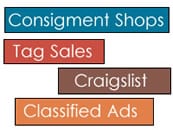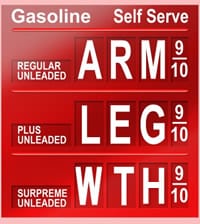 With the price of gasoline going up every time you drive by the station, what are you to do? There are a couple of things you can do to save money at the pump.
With the price of gasoline going up every time you drive by the station, what are you to do? There are a couple of things you can do to save money at the pump.
1. Clean out your car. The more weight you carry in your car, the more gas you use. Take out the stuff you don’t need and make a habit of doing this regularly.
2. Combine your shopping. Run errands in one trip versus going out today for something, then again tomorrow for something else. Map out your stops to get your errands done in an efficient manner.
3. Drive at a steady pace. Quick starts and hard braking can use more gas than driving at a steady pace. While you’re at it slow down. Driving above the speed limit is a waste of gas.
4. Pay with cash. Many gas stations charge a premium to use your credit card at the pump. Save money by using cash for your fill ups.
5. Plan ahead. Use your computer to help you save money when you need to purchase gas. Websites like Gas Buddy can find you a lower price and apps like Cheap Gas can do the same from your smart phone. (Gas Buddy also has an app for Android)
So, how do you save money at the pump? Let me know in the comments.
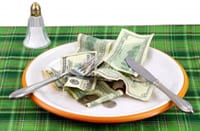
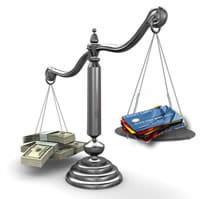


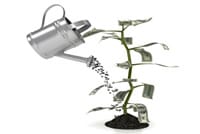
 While you’re doing your taxes this month, you can be assessing your finances and looking for ways to save. Here are some tips that might save you money on your car insurance:
While you’re doing your taxes this month, you can be assessing your finances and looking for ways to save. Here are some tips that might save you money on your car insurance: Since the Credit Card Act of 2009, banks have been looking for ways to make up for lost revenue. Has your bank increased fees or even added new fees? Look for changes in…
Since the Credit Card Act of 2009, banks have been looking for ways to make up for lost revenue. Has your bank increased fees or even added new fees? Look for changes in… If you read my
If you read my 